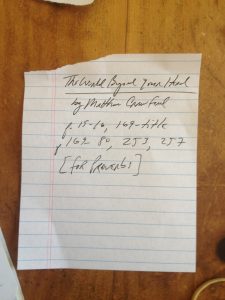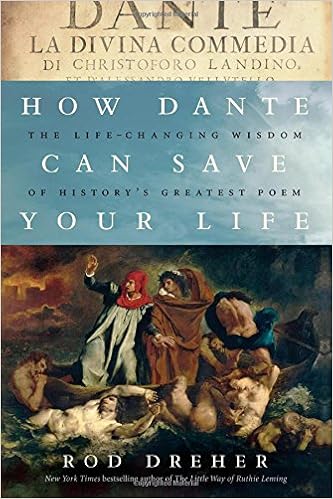As I near sixty years old (surreal!) I am working to leave our earthly possessions in such a way as not to be a burden to our two sons. To that end, I recently sold over 100 books from our somewhat large library (around 3000 volumes). These are niche books that would not be of interest to them. Fortunately, there are several books they want, but there are still many to get rid of. I continue sift and make decisions and a new batch will be going out soon. It is an ongoing battle as new review and interview copies keep coming from various publishers. Getting rid of these books are “little deaths” and reminders of my own mortality, neither of which are cheery! However, I don’t want leave David and Chris with unnecessary burdens. The added motivation is that we can use the extra money now so it adds further incentive to be perpetually pitching.
A few days back I read about this study which adds some more motivation! (HT: Scot McKnight/Jesus Creed):
That’s pretty much what happened to 32 middle-class families between 2001-2005. I recently came across the results of this anthropological study, published in 2012: Life at Home in the Twenty-First Century: 32 Families Open Their Doors, by Jeanne E. Arnold, Anthony P. Graesch, Enzo Ragazzini, and Elinor Ochs. Together with a large research team, the authors analyzed and cataloged the visible possessions in each and every room of the 32 households—counting, documenting, examining, and coding artifacts in situ, in their place.
Devoting thousands of hours to data collection, they hoped to glean insights on the acquisition and organization of material artifacts, and on how families interacted with their possessions, and with one another. The results of the study are at once illuminating and devastating.
Their most striking findings concern the sheer magnitude of our material possessions.








